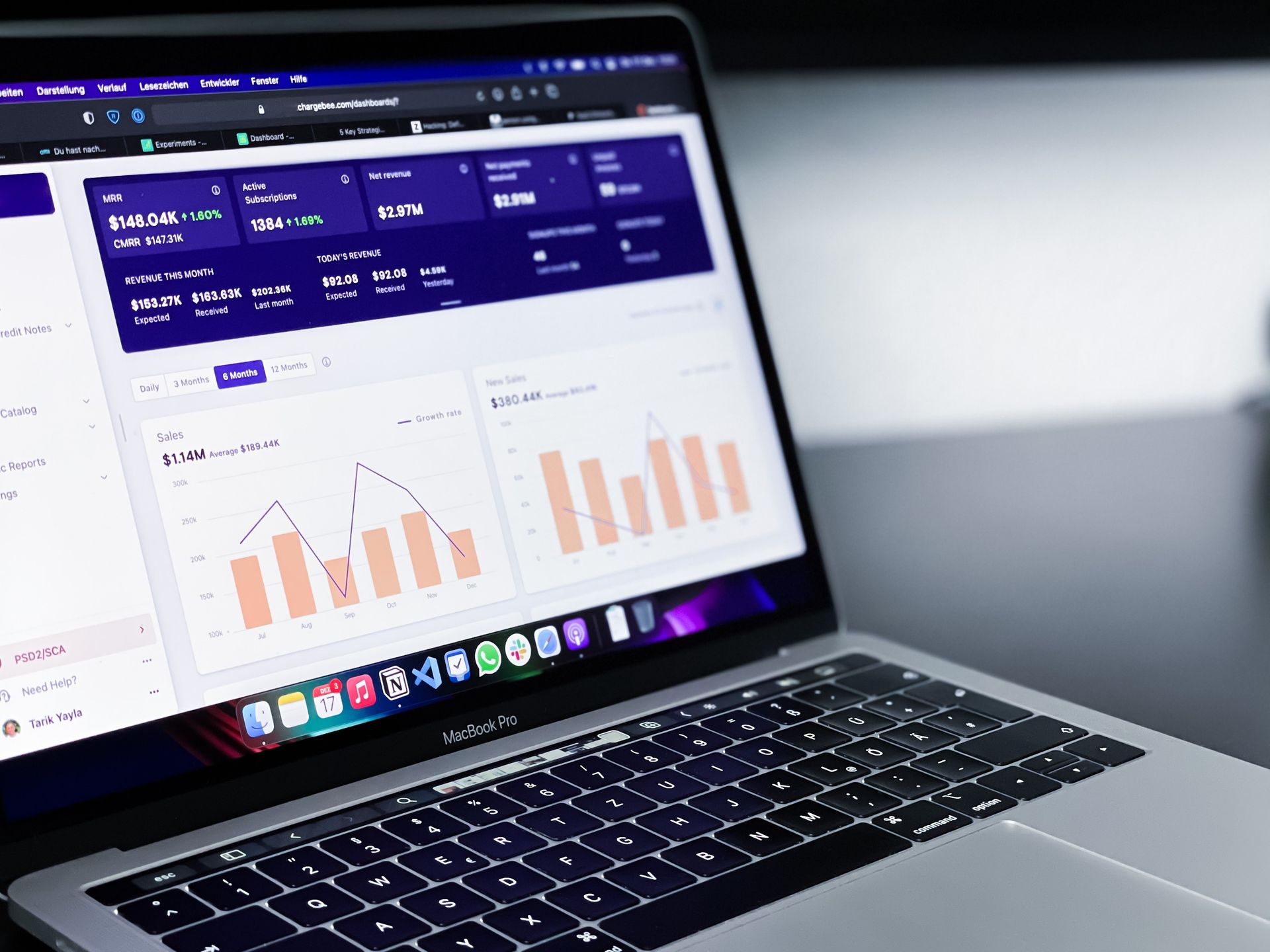Choosing the Right Data Analytics Solution for Your Small Business
With so many data analytics solutions out there, how do you know what works for your business?
Imagine you're the owner of a scaling small business that has been gaining popularity in your local community. Customers are flocking in, and your staff is working diligently to keep up with the demand. However, with the growing success, you're facing a new challenge - managing an increasing amount of data.
From sales figures and inventory levels to customer feedback and social media interactions, your café is generating a wealth of information every day. You know that harnessing this data could be the key to sustaining and expanding your business, but you find yourself overwhelmed by its sheer volume and complexity.
As the owner of a small business, you're not alone in this struggle. In today's fast-paced, data-driven world, every business, big or small, faces the challenge of making sense of the vast amounts of data at their disposal.
This is where
data analytics comes to the rescue. Put simply, strong data analytics are a key component of a good data strategy, but data strategy incorporates more than just the analytics. Specifically for small businesses, we've found it's a little easier for them to connect the dots between their pain points and how having a data strategy can help as opposed to strictly data analytics.
By having a comprehensive data strategy and using the right data analytics solution, you can unlock valuable insights hidden within your data, enabling you to make informed decisions that drive growth and success.
In this article, we’ll guide you through the essential steps to find the perfect data analytics solution for your small business. Small business owners seeking ways to optimize their operations and enhance the customer experience can harness the power of data analytics to gain a competitive edge.
Assess Your Business Needs and Goals
Before diving into the vast sea of data analytics solutions, it's essential to have a clear understanding of your business requirements. Consider the specific problems you want to solve or the insights you seek to gain. Determine the key performance indicators (KPIs) that will drive your business forward. Also think about the future - what would you love to be able to understand about your business? This initial assessment will help you identify the core functionalities and features you need in a data analytics tool.
Define Your Budget
As a small business, you likely have budget constraints, which makes it essential to define a realistic budget for your data analytics solution. Consider both the initial costs and any recurring expenses, such as subscription fees. While there are free or open-source options available, keep in mind that more advanced features and support may come with a price tag. Striking the right balance between your budget and the required capabilities is crucial.
Consider Scalability
While your current needs are important, it's equally crucial to think about the future. As your small business grows, so will your data analytics requirements. Therefore, opt for a solution that can scale and accommodate your increasing data volume and complexity over time. Scalability will save you from the hassle of switching to a new platform as your business expands.
Evaluate User-Friendliness
A sophisticated data analytics tool won't be of much use if your team finds it challenging to use. Consider the user-friendliness of the solution, as well as the availability of training and support resources. The quicker your team can adapt to and effectively utilize the tool, the sooner you'll reap the benefits of data-driven decision-making.
Integration Capabilities
Chances are your small business already uses various software applications, such as customer relationship management (CRM), enterprise resource planning (ERP), or marketing automation tools. Ensure that the data analytics solution you choose can integrate seamlessly with your existing systems. Smooth integration will enable data flow across platforms, reducing manual work and potential errors.
Flexibility in Analysis
Different users within your organization may require varying types of analysis, from simple visualizations to complex predictive modeling. A versatile data analytics solution that can cater to a wide range of analytical needs is preferable. Additionally, the solution should offer various data visualization options to help users grasp insights more easily.
Vendor Reputation and Support
Research the reputation of the data analytics solution vendor. Look for customer reviews, testimonials, and case studies to gain insight into their customer satisfaction levels. Additionally, inquire about the support services they offer, such as technical assistance and training resources. A reliable vendor with excellent support can make a significant difference in the success of your data analytics endeavors.
Taking the Next Step
Choosing the right data analytics solution for your small business requires careful consideration of your needs, budget, scalability, user-friendliness, integration capabilities, security, flexibility, vendor reputation, and support.
But you don’t have to do it alone.
Our team of experts is equipped to partner with your organization to answer your questions and guide you through the intricacies of data analytics. If you’re looking for a solution that can be as personal as an employee, and yet as versatile as a larger organization, our team is ready to help.
Contact us and schedule a conversation today and let’s learn how we can drive results for your business.











